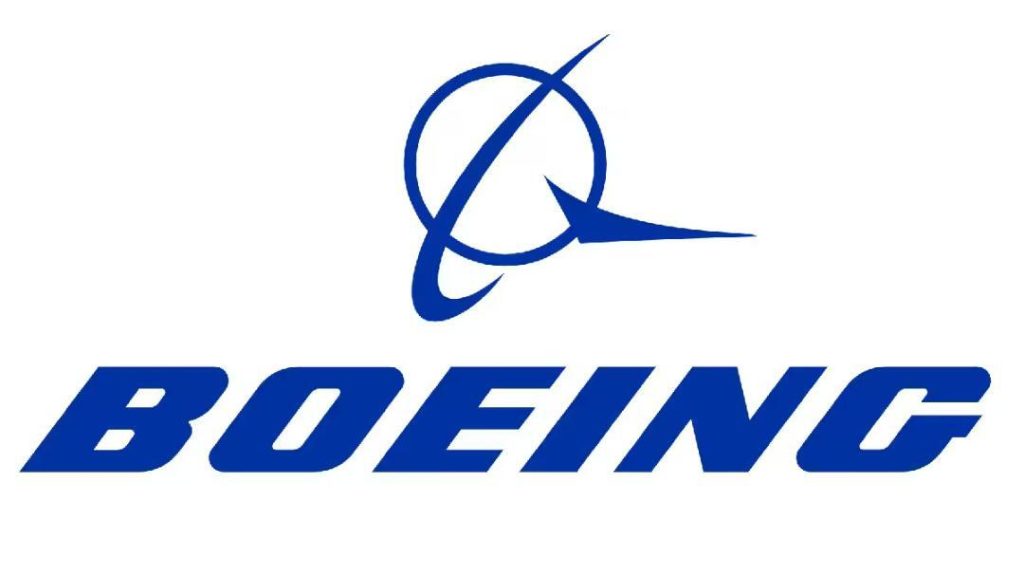
Boeing to Lay Off 400 Employees from NASA SLS Program
In a recent development, Boeing has announced that it will be laying off around 400 employees from its NASA Space Launch System (SLS) program. This decision comes after the aerospace giant was informed by NASA that the contracts for the SLS program might be cancelled. The layoffs are expected to affect individuals working on the NASA Artemis program, which aims to return humans to the Moon by 2024.
According to reports, Boeing has issued 60-day notices to the affected employees, giving them time to adjust to the new situation. The company is also exploring redeployment options to reduce the number of job losses. This news has sent shockwaves through the aerospace industry, with many employees and industry experts expressing concerns about the impact of these layoffs on the industry.
The decision to lay off employees comes amid concerns about the cost of the NASA Artemis program. NASA has been facing budget constraints, and the cost of the program has been a major area of concern. The program is expected to cost around $2.5 billion per year, which is significantly higher than the initial estimate of $1.5 billion.
The SLS program is a critical component of the NASA Artemis program, as it will be responsible for launching astronauts to the Moon and eventually to Mars. The program has been plagued by delays and cost overruns, which has led to concerns about its viability. NASA has been reviewing the program and has announced plans to make significant changes to reduce costs and improve efficiency.
The layoffs at Boeing are a direct result of these changes. The company has been working on the SLS program for several years, and the layoffs will likely have a significant impact on the employees affected. The news has also raised concerns about the future of the NASA Artemis program and the impact it will have on the aerospace industry as a whole.
The layoffs at Boeing are not the only ones in the aerospace industry. In recent months, there have been several layoffs and job cuts across the industry, as companies struggle to adapt to the changing landscape. The industry is facing significant challenges, including budget constraints, delays, and cost overruns.
Despite these challenges, the aerospace industry remains a critical component of the global economy. The industry is responsible for producing aircraft, spacecraft, and other vehicles that are used for transportation, communication, and exploration. The industry also plays a critical role in the development of new technologies and innovations.
The NASA Artemis program is a major driver of innovation in the aerospace industry. The program aims to return humans to the Moon and eventually to Mars, and it requires significant advances in technology and engineering. The program has the potential to drive significant economic growth and job creation, and it is critical that the industry continues to support it.
In conclusion, the layoffs at Boeing are a significant development in the aerospace industry. The layoffs are a result of changes to the NASA Artemis program and concerns about the cost of the program. The industry is facing significant challenges, but it remains a critical component of the global economy. The NASA Artemis program has the potential to drive significant innovation and economic growth, and it is critical that the industry continues to support it.






